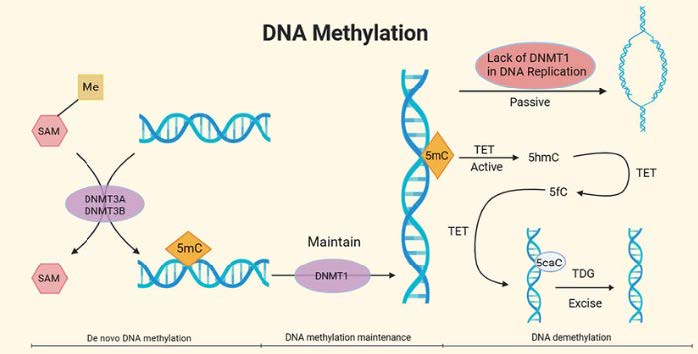Genetic and Epigenetic Factors in Breast Cancer Progression
DOI:
https://doi.org/10.64062/JPGMB.Vol1.Issue5.2Keywords:
Breast Cancer, Genetic Mutations, Epigenetic Modifications, RAD51C, BAF Complex, DNA Methylation, Histone Modifications, Micrornas, Tumor Progression, Animal Models.Abstract
Genetic and epigenetic processes are intertwined in a complex manner in order to enhance the development of breast cancer by regulating the fundamental cellular processes including DNA repair, proliferation, differentiation and metastasis. This review provides an overview of the findings of animal model experiments to explain the causes of the significant changes in genetic aspect including RAD51C mutations and dys-regulation of the BAF chromatin remodeling complex and epigenetic alterations, such as DNA methylation, histone modification, and microRNA dys-regulation. The animal models are where the researcher can study the mechanism by which these changes of the molecules cause tumorigenesis, stimulate tumor growth and metastatic potential. The data received in the course of such studies denotes the dynamism and reversibility of the epigenetic processes which may be utilized in treating diseases by selectively regulating the expression of the said molecules with an aim of modifying DNA methylation, histone-modifying enzymes, and miRNAs. Integration of genetic and epigenetic understanding will not only enhance our understanding of breast cancer biology, but also design the precision therapies, and also expose potential biomarkers that can be utilized to identify and diagnose the disease at the earliest phase. In total, the significance of the animal-based research in the context of finding mechanistic information and design interventions to limit the occurrence of breast cancer is highlighted in this review as a foundation of the subsequent use of the translation research and clinical interventions.




